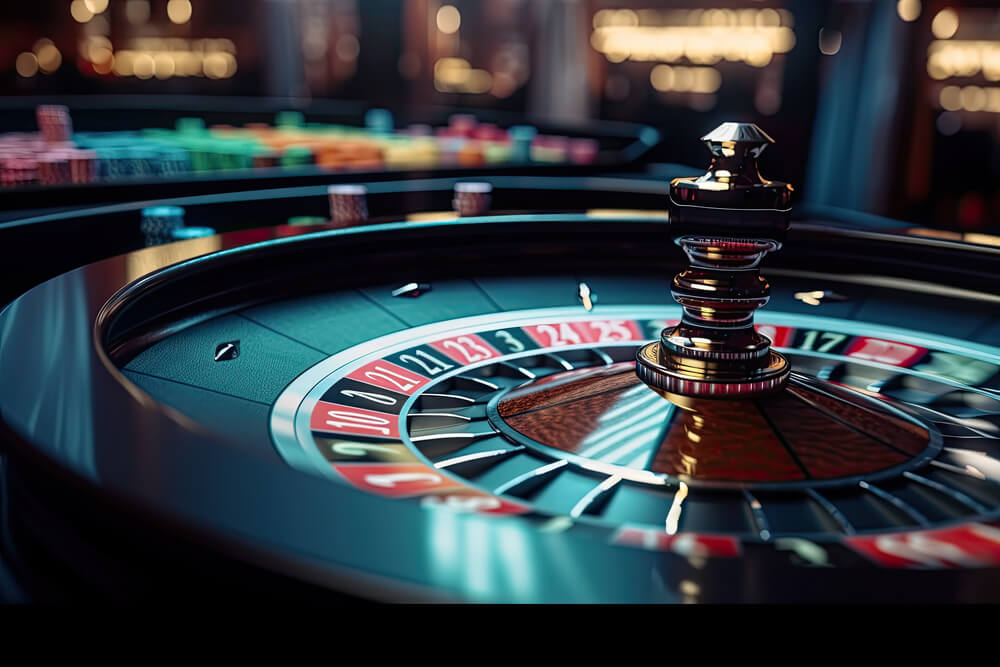
In the world of gambling, in which chance and strategy converge, a unique tapestry of beliefs manifests—one that weaves together luck, fate, and the enigmatic nature of casino games. Casinos, bustling with excitement and anticipation, are not just venues for placing bets; they are also arenas where superstitions thrive. From the novice player to the seasoned gambler, these mysterious practices often shape how individuals approach the games they play, believing that their actions can affect the outcome in ways that go beyond mere probability.
When players gather around roulette wheels, blackjack tables, and slot machines, the atmosphere is thick with stories of lucky charms, rituals, and codified behavior that defy logic yet provide a sense of comfort. It could be the case that it’s wearing a specific outfit, following a particular sequence of bets, or even avoiding certain numbers, the attachment to various superstitions reflects a deep-rooted desire to master the uncontrollable. This article delves into the captivating world of casino game superstitions, investigating the beliefs that both entertain and mystify those who dare to play.
Cultural Roots of Superstitions
Betting activities have long been connected with an variety of superstitions that can be traced to early civilizations. The roots of these notions can be associated to humanity’s fundamental need to influence the uncertain outcomes associated with fortune and randomness. In early civilizations, games of chance were often linked to ritualistic practices. Players would seek favor or seek favor from deities, believing that their actions could influence the odds in their advantage. This groundwork laid the groundwork for the multitude of superstitions that developed as casino games evolved over centuries.
During the medieval age, gambling became a popular pastime across the continent, and with it, a diverse tapestry of superstitions appeared. Players adopted various rituals and charms, believing they could affect the consequences of games. The importance of numbers, in particular, started to manifest in superstitions around card games and dice. The number seven was often considered lucky, while other numbers carried bad connotations. These ideas mirrored the cultural contexts of the time, evolving as they moved through generations and adapted to different gaming environments.
As gaming establishments developed in the 1600s, particularly in Italy and France, the atmosphere surrounding gambling became saturated in mystique. The growing availability of gambling games allowed for the dissemination and diversification of superstitions among players. Concepts like charmed charms, special seating arrangements, and rituals gained prevalence, creating a special culture within gambling establishments. As these customs continued to thrive, they became essential to the character of casino activities, illustrating how the past and culture shape the belief systems that influence how gamblers connect with luck. MM88
Widespread Gambling Myths
Beliefs surrounding casino activities are plentiful and varied, reflecting the dreams and anxieties of gamblers as they engage in random games. One of the most common views is that certain numbers bring fortune or bad luck. For example, the number 7 is often seen as a favorable number, frequently embraced by gamblers looking for a favorable result. Conversely, the digit 13 is routinely considered unlucky, leading many gamblers to avoid it during their gambling periods.
Another common belief relates to practices that gamblers believe can affect their odds. Whether blowing on the dice before a throw, using a specific gesture to place a wager, or even wearing specific items of clothing, many individuals feel that these actions can tilt luck in their benefit. These rituals offer a sense of power in an otherwise unpredictable environment, reinforcing the idea that luck can be manufactured through personal convictions and customs.
Lastly, the ambiance and atmosphere of the gambling house itself contributes to superstition. Many gamblers suggest that the presence of specific symbols, such as four-leaf clovers or fortunate tokens, can enhance their odds of success. Additionally, players might hold to the belief that victory streaks can be halted by mundane events, such as a person walking past or a accident at the table. The collective atmosphere in a casino can amplify these beliefs, creating a communal culture of myths that goes beyond single experiences.
Impact of Superstitions on Players
Beliefs play a crucial role in the psychology of gamblers, often influencing their behavior and decision-making. Numerous gamblers believe that luck can be influenced through various rituals, such as donning a talisman, selecting specific colors, or avoiding certain numbers. This reliance on superstitions can create a sense of authority in an environment that is intrinsically unpredictable. Players frequently feel more confident and involved when they think that their actions could sway the result of a game in their favor.
The influence of these superstitions extends past individual players, affecting the overall atmosphere inside the casino. For example, a player who believes in the luck of a particular slot machine might attract a crowd, as others are intrigued by their apparent success. This shared belief can amplify excitement and create a lively environment, leading to an interesting experience even for those who may not necessarily be believers themselves. The excitement around specific games can lead to higher participation and extended playing sessions, supporting the casino’s lively social scene.
In some instances, superstitions can lead to harmful effects for players. Relying too much on rituals can result in poor gambling decisions, as some may ignore basic strategies in favor of baseless beliefs. MM88 Additionally, the stress to perform rituals may increase anxiety and tension, diminishing from the enjoyment of the experience. Ultimately, while superstitions can enhance the thrill of playing casino games, they can also lead to poor choices that overshadow the fun and entertainment intended in the casino experience.
